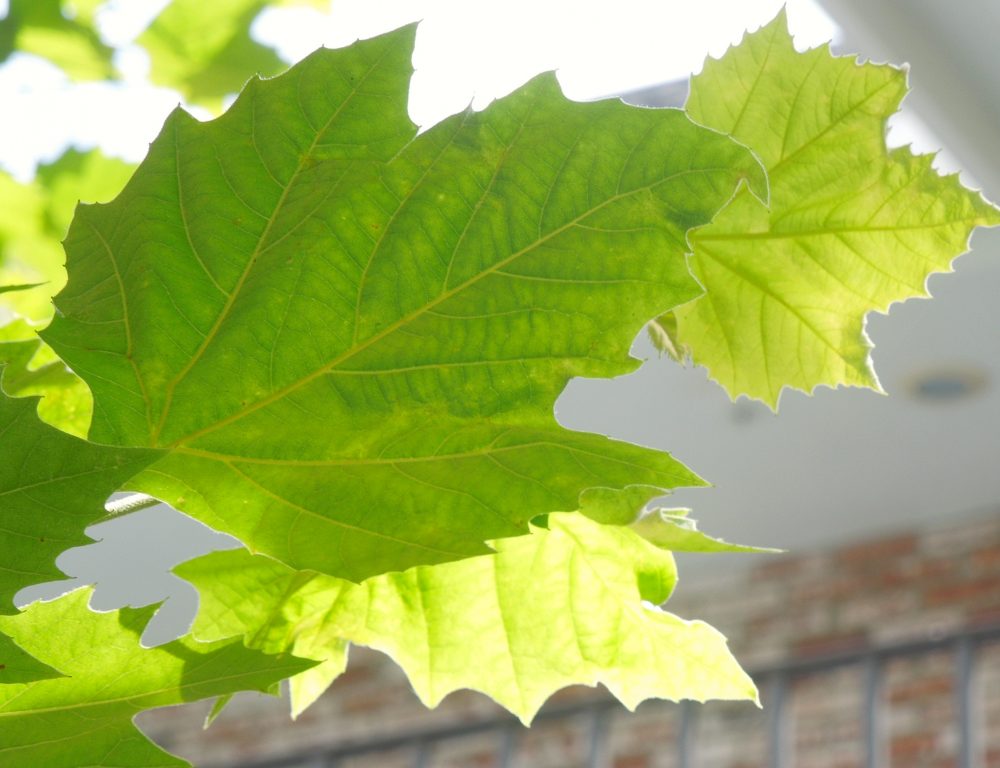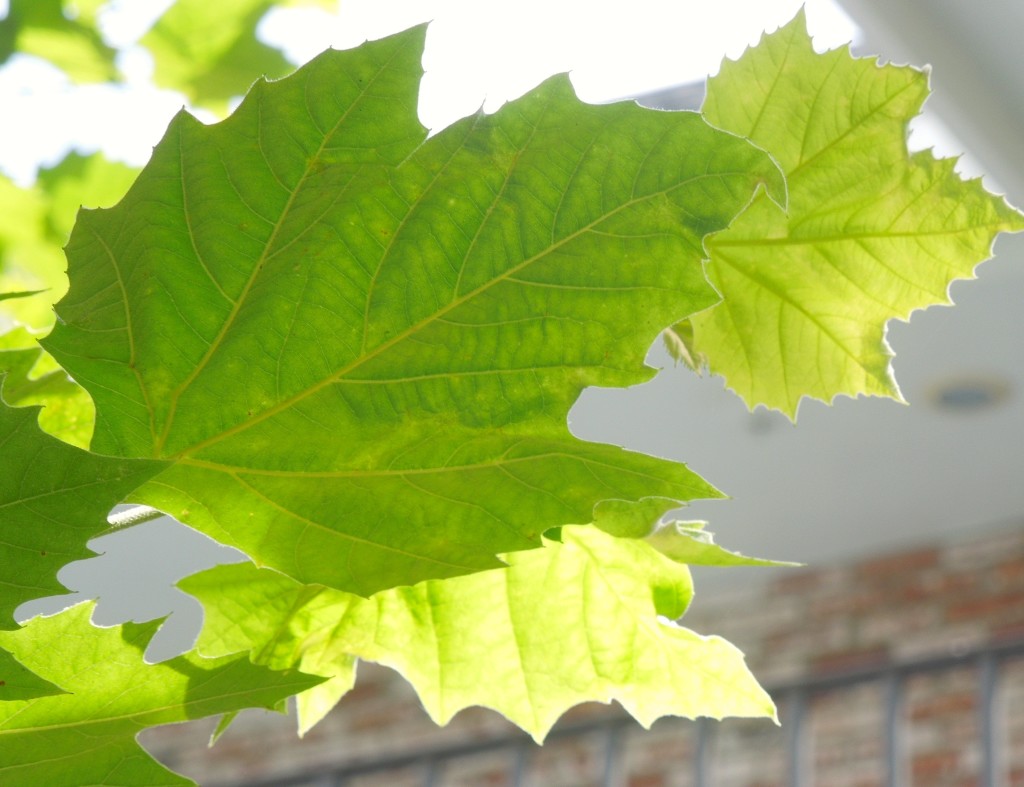My spiritual director introduced me to Merton. Many Americans were introduced to Merton as one of the four Americans Pope Francis mentioned last fall in his speech to Congress, calling him “a man of dialogue, a promoter of peace between peoples and religions.”
In addition to being a prolific writer, Thomas Merton was both social activist and peace activist. During his last years, he became deeply interested in Asian religions, especially Zen Buddhism. The Dali Lama praised him in 1968 for having a more profound knowledge of Buddhism than any other Christian he had known. Later in 1968, Merton died of accidental electrocution in Bangkok where he was attending a conference on East-West monastic dialogue.
Published in 1962, Merton’s New Seeds of Contemplation is packed not only with insights about living contemplatively but also about living as God intended us to be. “Our vocation is not simply to be, but to work together with God in the creation of our own life, our own identity, our own destiny.” Imagine that—we co-create our lives with God!
Then there’s Merton’s observation about living authentically: “Many poets are not poets for the same reason that many religious men are not saints: they never succeed in being themselves. They never get around to being the particular poet or the particular monk they are intended to be by God. They never become the person or the artist who is called for by all the circumstances of their individual lives.”
Have you ever asked yourself, “Who has God intended me to be?” Merton suggests that perhaps you should also ask what call am I avoiding, or am I “not getting around to being” the particular poet or monk or mother or writer or lawyer that God intends for me to be? The question of who you’re called to be is one we often explore in spiritual direction.
In his humble way, Merton says, “For me, to be a saint means to be myself.” We can all aim for sainthood if that’s the case.
Then there’s his wisdom about the spiritual life: “People who only know how to think about God during fixed periods of the day will never get very far in the spiritual life.” This passage reminds me of “finding God in all things,” which is the core of Ignatian spirituality.
Merton writes this about our spirituality, “Every moment and every event of man’s life on earth plants something in his soul.” Yet he says we miss these seeds because we are not prepared to receive them. I believe it’s because we are too busy and too distracted to slow down and pay attention to how God speaks to us in the ordinary moments of the day—in ALL things.
And finally, Merton gives this easy-to-follow but hard-to-do advice about being a contemplative: “One of the first things to learn if you want to be a contemplative is how to mind your own business.” In other words, we should all work on being ourselves and becoming the people God intended us to be rather than trying to change or fix everyone else.
If you’ve never read Merton, New Seeds of Contemplation is a good place to start, but it’s a book to sip and savor. Two writers I greatly admire, Sue Monk Kidd and James Martin, S.J., both were deeply influenced by Merton’s autobiography, The Seven Storey Mountain. It’s on my bookshelf and on my list of books to read this year.
Speaking of James Martin, S.J., here he is reading a well-known Thomas Merton prayer, a prayer that Fr. Martin says anyone can pray. This clip is from Fr. Martin’s appearance on Krista Tippett’s excellent podcast “On Being.”


